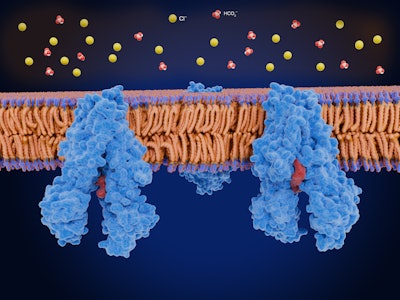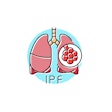
The U.S. Food and Drug Administration (FDA) recently granted Fast Track designation to SpliSense for SPL84, the company's lead antisense oligonucleotide (ASO) product for the treatment of patients with cystic fibrosis (CF) carrying the 3849+10 kilobase (Kb) C->T splicing mutation in the transmembrane conductance regulator (CFTR) gene.
SpliSense is a clinical-stage biotechnology company focused on the development of transformative RNA-based therapies for pulmonary diseases including CF, muco-obstructive diseases like COPD, asthma and non-CF bronchiectasis (NCFB) and idiopathic pulmonary fibrosis (IPF).
“Fast Track Designation for SPL84 is an important acknowledgement by the FDA of the critical need to find an effective treatment for CF patients carrying the 3849+10 kilobase (Kb) C->T mutation, a serious and life-threatening condition with very poor treatment options,” said Gili Hart, PhD, CEO of SpliSense. “The recent IND clearance we received from the FDA together with this Fast Track designation for SPL84, currently being evaluated in a global phase 2 study, will allow us to expedite the development of a potentially life-changing treatment for people with CF carrying the 3849+10 Kb C->T mutation, and expand our unique technology to additional pulmonary indication where there is a significant unmet need.”
CF is a genetic multisystem disorder that originates from various mutations in the CFTR gene, which is responsible for the production of the CFTR protein, a chloride channel expressed in the lungs as well as in other tissues. The past decade has seen a dramatic change in CF care with the approval of new CFTR modulators. However, approved CFTR modulators do not support all people with CF and do not offer a cure for the disease. Thus, new strategies of therapeutic development are essential to address partially responsive and non-responsive people with CF, specifically those carrying the 3849+10 Kb C->T splicing mutation.
According to SpliSense, its technology utilizes short, precisely targeted proprietary RNA stretches, called antisense oligonucleotides (ASOs), to modulate specific mRNA sequences or correct various mutations in the target mRNA. SPL84 binds specifically to the mutated CFTR RNA in the targeted sequence, leading to the modulation of the mutated region in the mRNA, potentially allowing the cell to produce fully functional CFTR proteins. SPL84 is administered directly and preferentially to the lungs via inhalation, where it is designed to be taken up by the lung cells and to drive the production of corrected CFTR mRNA and eventually fully functional CFTR proteins. SPL84, has been shown to fully restore CFTR activity in the CF gold standard pharmacological model. SPL84 is currently being evaluated in a global phase 2 study for the treatment of patients with CF carrying the 3849+10 kilobase (Kb) C->T by weekly inhalation regimen.
With the FDA Fast Track designation, SpliSense can facilitate the development and expedite the review of SPL84 with the goal to speed up the delivery of life-saving treatments to CF patients.























